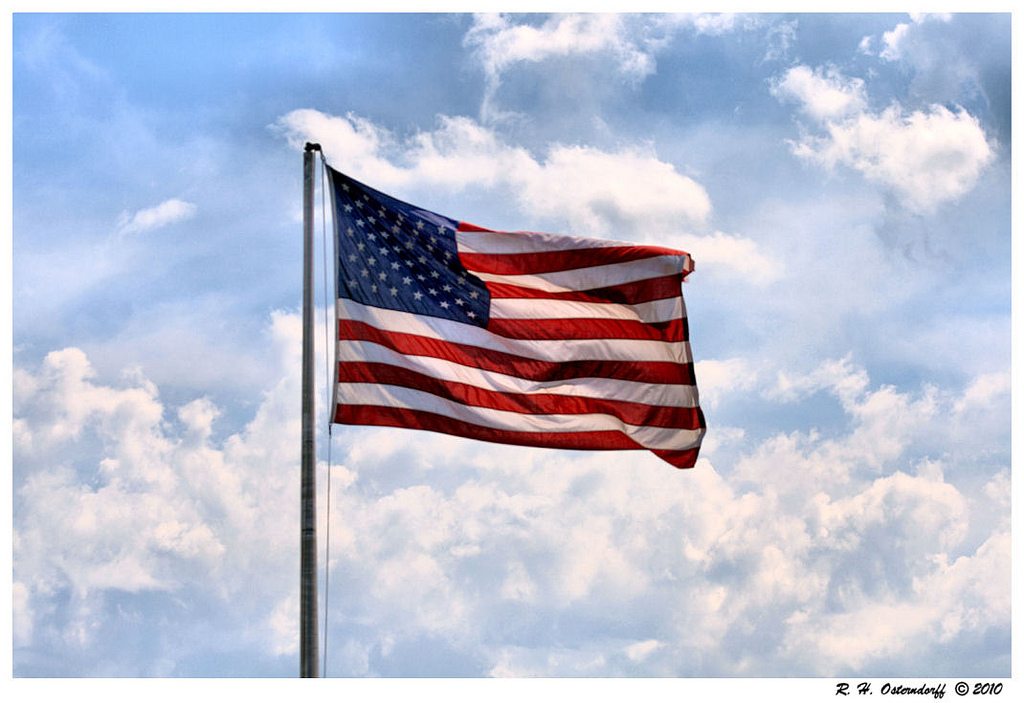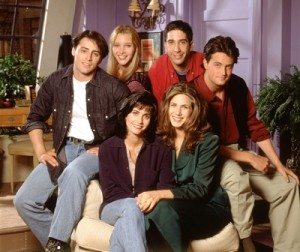Why is American TV so popular?
It’s bizarre to think that in Colombia, a country still afflicted by a fifty-year civil war, you can tune in to The Big Bang Theory, or that in Sri Lanka you can check in with Breaking Bad, albeit with any references to sex, swearing, or even drugs redacted from the subtitles. American television is as a global force. In this world-era defined by globalisation, national borders prove no match for the droves of American programmes flooding the airwaves: coming over here, stealing our time-slots. But what is behind its unrelenting popularity?
Most people’s ideas about what constitutes this “golden-age” of television we are supposedly in don’t extend far beyond the cult of American Cable service HBO. The list of shows to emerge from HBO is essentially a who’s-who of critical darlings and populist “must see” TV: The Wire, The Sopranos, Game of Thrones, and last year’s phenomenal True Detective. Spurred on by its seemingly self-important value system (“It’s not TV, It’s HBO”) HBO changed what was expected from “high-end” drama. This shift in value changed the landscape of American drama and these shows became a visible influence for other networks’ shows such as AMC’s budget-smashers Breaking Bad and The Walking Dead and Netflix’s House of Cards. American drama has arguably transcended its domestic place and become global phenomena. If you accidentally post a Borgen spoiler you’ll probably be ok, but woe betide you if you reveal something anything beyond the first five minutes of Game of Thrones.
American television has also taken over thanks to technological advancements shifting TV away from a fixed box in the corner, and onto laptops, phones, tablets. Services such as Netflix and Amazon Prime are fast becoming the norm for the way many people now consume “TV” and the bulk of these libraries are made up out of American programming. Over the years we’ve seen various examples of British television experimenting with the idea of showing lesser known American Sitcoms. For example, the American remake of The Office was shown late at night on ITV 2 for a bit, Parks and Recreation is on BBC 4; but their times and locations never really suggest there’s a huge amount of faith in these shows. However, more and more people are watching these shows thanks to Netflix.
The list of shows to emerge from HBO is essentially a who’s-who of critical darlings and populist “must see” TV
As well as this, American domination also comes across through conventional distribution techniques. For many of us the five-o-clock friends double-bill on E4 became an after-school British institution, and countless students will tune into its successor How I Met Your Mother either in this slot, or at lunchtime. The sheer volume of episodes in an American series, with 24 the norm, allows for this, For all its brilliance, wouldn’t get very far expecting the 12 episodes of Fawlty Towers to perform a similar function padding out the ratings. However, the 270 episodes of Cheers are forever being re-run on ITV 4 and I personally find myself defending the theory that if you have Sky TV there’s always an episode of some form of Star Trek on. These aren’t necessarily bad things, it’s just the quantity of the American series lends themselves to filling schedules.
As well as quantity, there’s also important stylistic differences that makes American Television popular. There are a whole host of comedies (HBO’s Silicon Valley springs to mind) that whilst highly enjoyable to watch, are unlikely to draw out a host of hearty laughs. Perhaps pleasantries is a more apt descriptive label than comedies. It’s hard to imagine shows like these getting made with a British audience in mind. British comedy is often far more caustic. This softer form of comedy is far more exportable, and is coupled with the manner in which the shift towards post-modern, reference heavy comedy lends itself to international market outside of English speaking countries. For example, a joke reliant on some supposedly nerdy science reference made in The Big Bang Theory is not going to be lost to Italian viewers through subtitling or dubbing in the same way that the sarcastic tones of David Mitchell in Peep Show would be. That doesn’t make one joke better than the other (although the Peep Show one definitely would be) just that one’s more exportable.
In the end it boils down to a mixture of high-quality, accessibility and a willingness on our part to consume what’s offered to us from across the pond. For every programme that enhances a channel’s viewing listings there’s a stinker that’s used as filler. So if you ever find yourself watching Two Broke Girls just think how you’re the reason American TV is popular abroad. You encouraged them. Whether that’s good or bad is up to you, but American imports are here to stay.


Comments